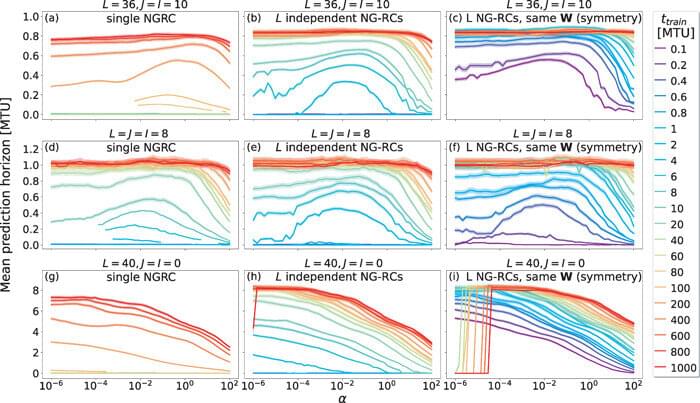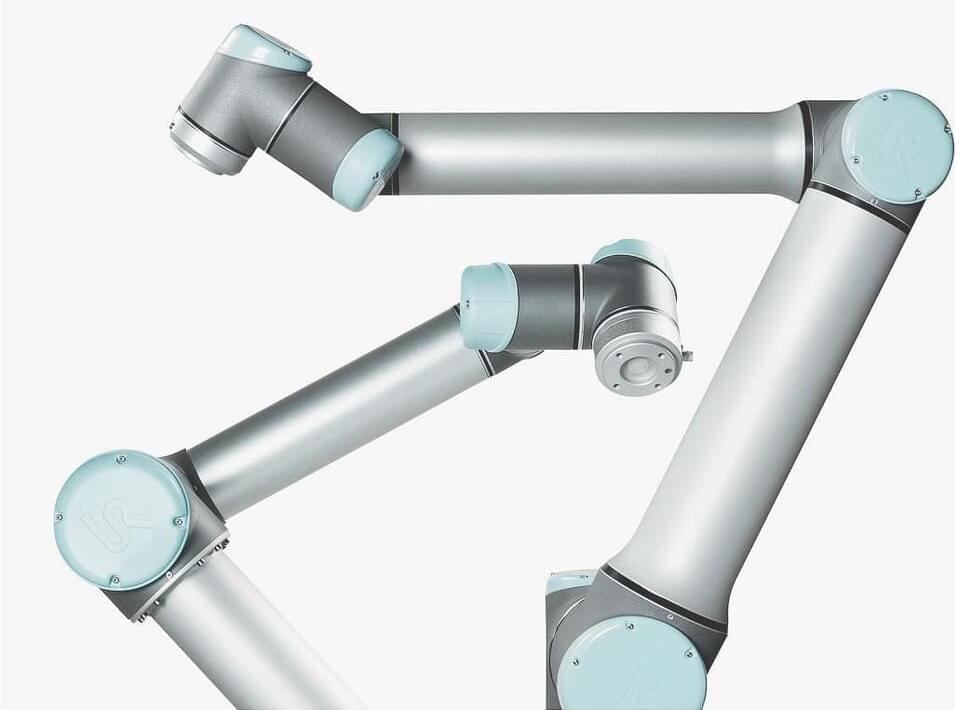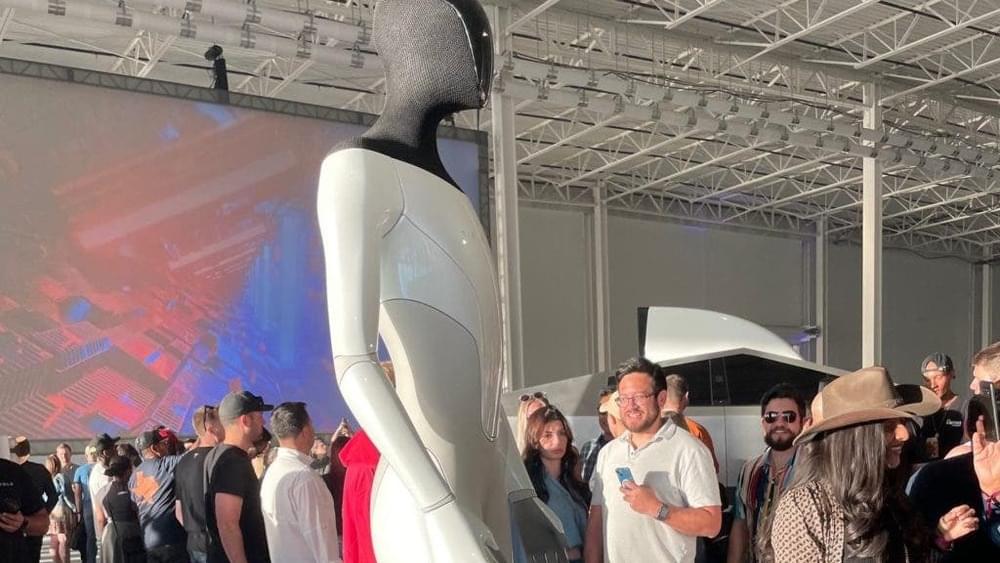Were you unable to attend Transform 2022? Check out all of the summit sessions in our on-demand library now! Watch here.
For decades, enterprises have jury-rigged software designed for structured data when trying to solve unstructured, text-based data problems. Although these solutions performed poorly, there was nothing else. Recently, though, machine learning (ML) has improved significantly at understanding natural language.
Unsurprisingly, Silicon Valley is in a mad dash to build market-leading offerings for this new opportunity. Khosla Ventures thinks natural language processing (NLP) is the most important technology trend of the next five years. If the 2000s were about becoming a big data-enabled enterprise, and the 2010s were about becoming a data science-enabled enterprise — then the 2020s are about becoming a natural language-enabled enterprise.






